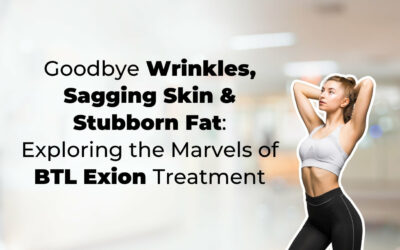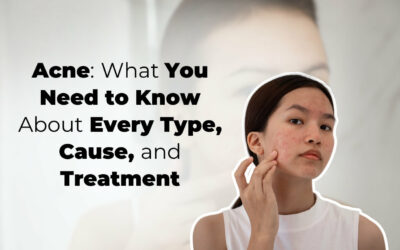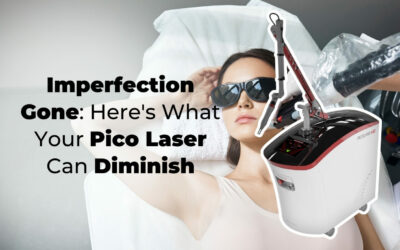Acne is one of the most common skin issues and various treatments have been developed to combat the condition. Thus, it’s common for misconceptions to arise. From old tales to internet fads, the topic of acne treatment is littered with myths and half-truths that often obscure genuine solutions.
Amidst this sea of misinformation, there’s a pressing need to distinguish between facts and misinformation. Continue reading this blog as we delve into the topic of acne treatment, unraveling the truths obscured by myths and paving the way for informed decisions in skincare.
What is Acne?
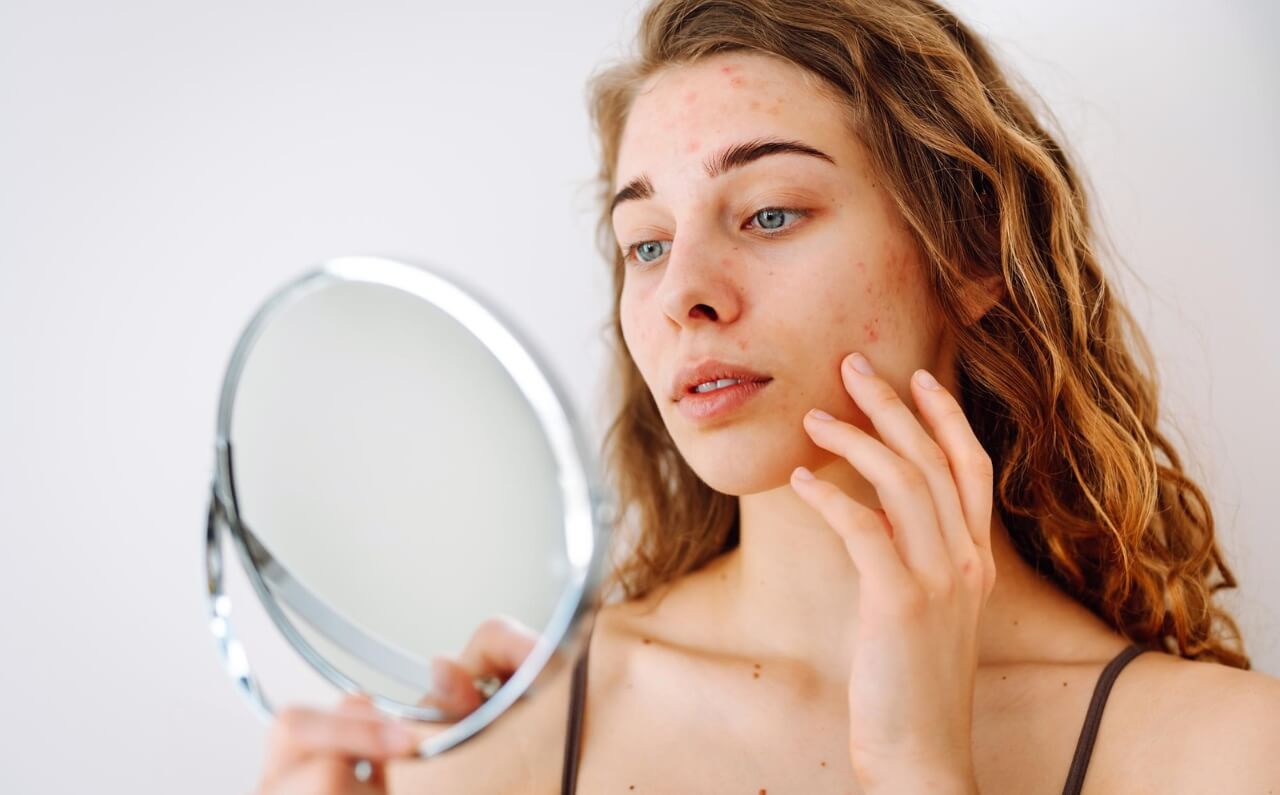
Before we dive deep into the myths, it’s crucial to understand what is acne and how it occurs. Acne is a skin condition characterized by the formation of comedones (blackheads and whiteheads), papules, pustules, nodules, and cysts. It occurs on various parts of the body, with the face, chest, and back being the most commonly affected areas.
While acne is often associated with adolescence due to hormonal changes during puberty, it can persist into adulthood and affect individuals of all ages.
What Causes Acne?
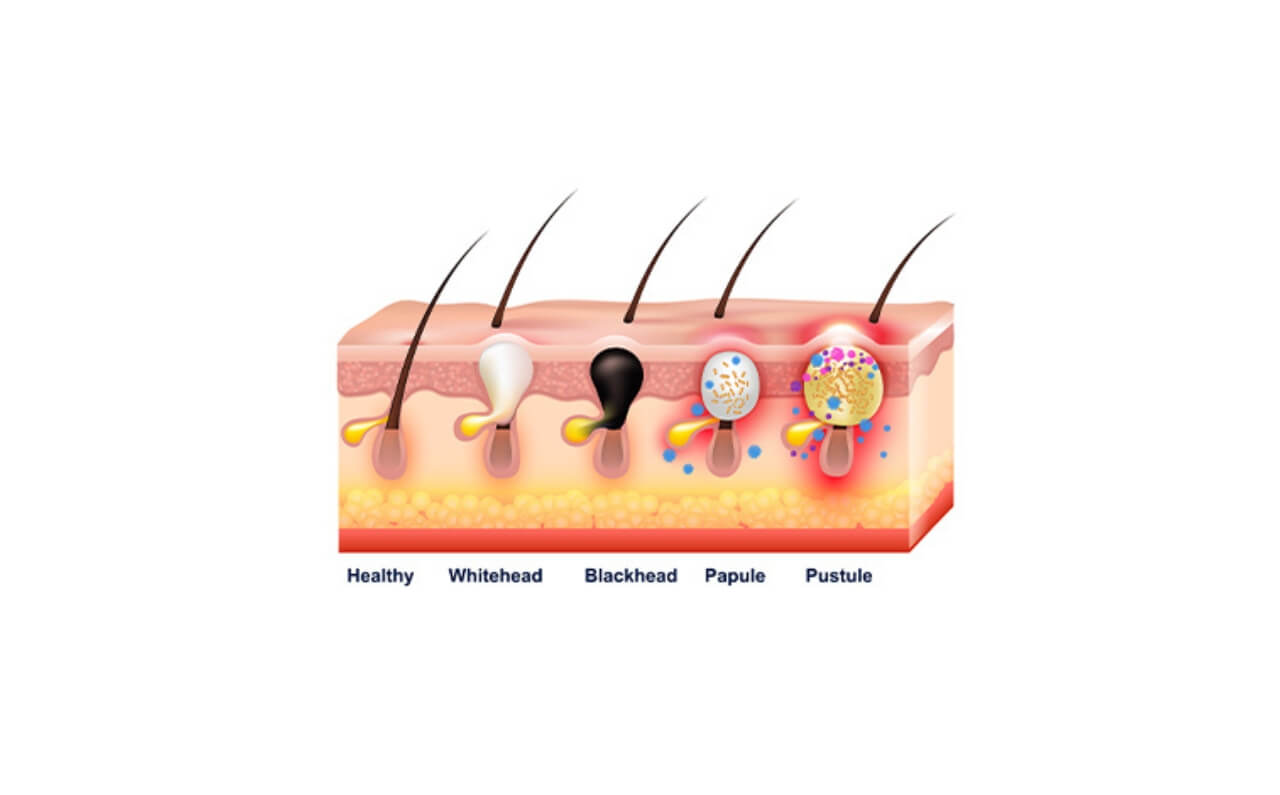
Acne develops when hair follicles become clogged with oil and dead skin cells. The blockage creates an ideal environment for the proliferation of Cutibacterium acnes (formerly known as Propionibacterium acnes), a bacterium that normally resides on the skin. When C. acnes proliferates within clogged follicles, it triggers inflammation, leading to the characteristic lesions of acne.
Hormonal fluctuations, particularly increased androgen levels during puberty, also play a significant role in acne development by stimulating the sebaceous glands to produce more oil (sebum). Excess sebum production, coupled with abnormal shedding of dead skin cells, contributes to the obstruction of hair follicles.
Debunking Common Myths in Acne Treatment
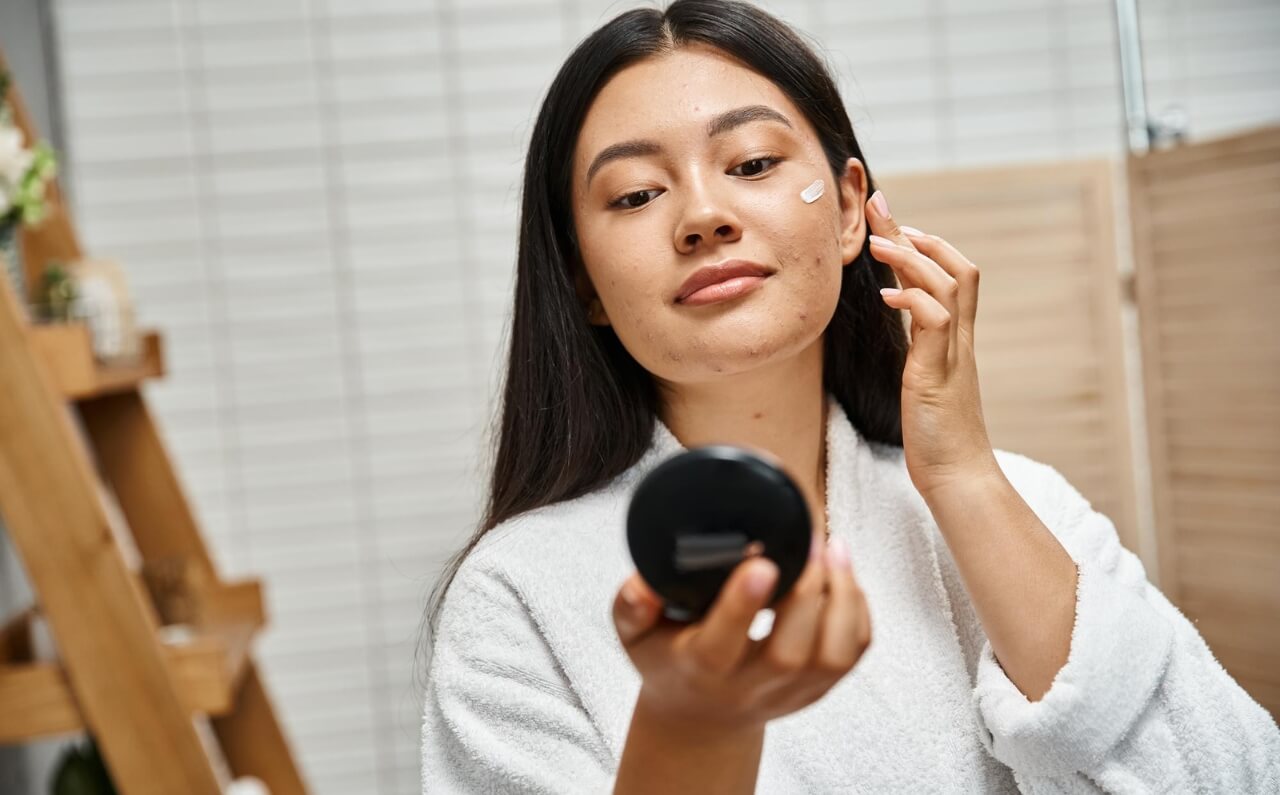
As acne is a common skin condition, treatments have been developed to target the issue and reveal healthier and radiant skin. However, over the years – there are many false notions have arisen surrounding acne treatment.
Now that we have the basic information for acne down, let us start debunking some of the common myths in acne treatment!
Myth #1: “Popping Pimples Helps Acne Heal Faster”
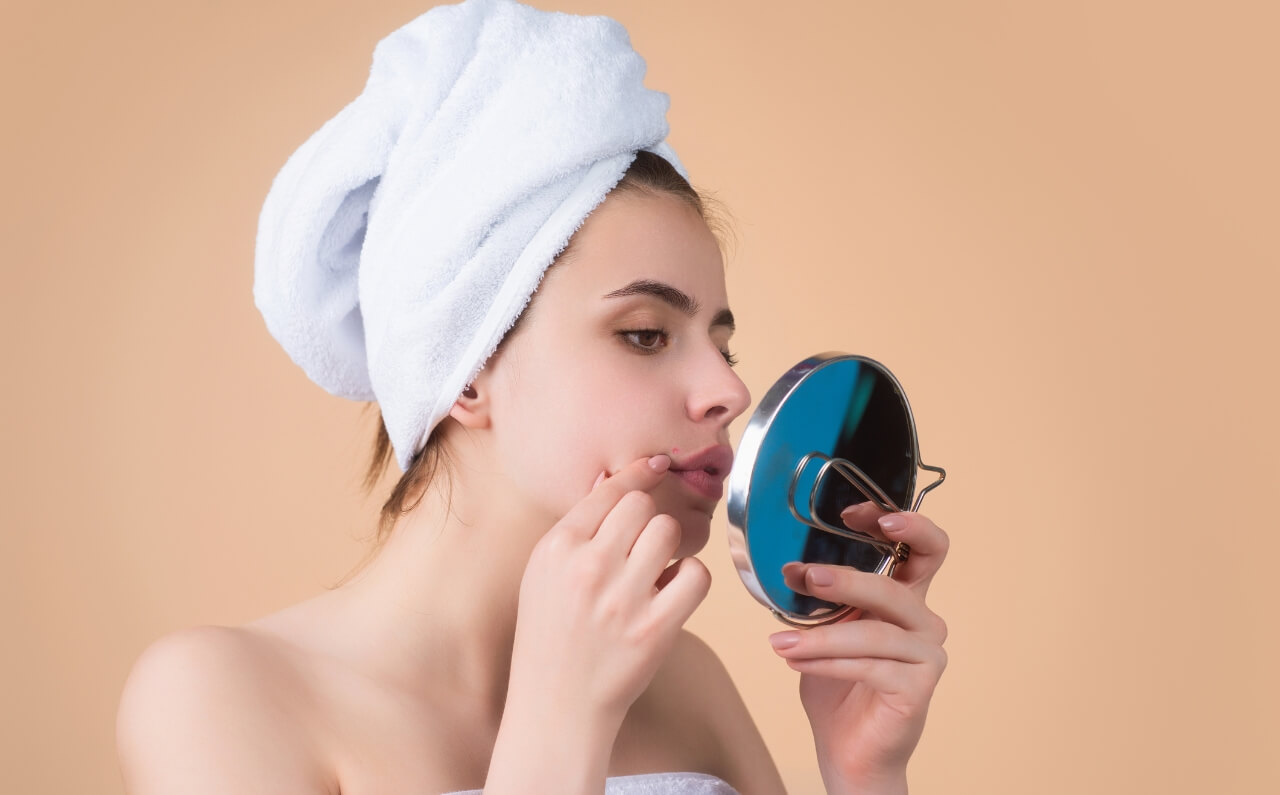
Many widely believe that popping pimples helps to speed up the healing process. However, this practice can worsen acne by spreading the bacteria and increasing inflammation. When a pimple is squeezed or popped, the contents may be pushed deeper into the skin, leading to the formation of more extensive lesions and potential scarring.
Myth #2: “Sun Exposure Clears Acne”

This myth is popular as many claim that sun exposure may initially improve acne symptoms by drying out excess oil and reducing inflammation. However, the benefits are short-lived and outweighed by long-term risks.
Prolonged sun exposure can damage the skin, leading to premature aging, hyperpigmentation, and an increased risk of skin cancer.
Myth #3: “Toothpaste is an Effective Spot Treatment for Acne”
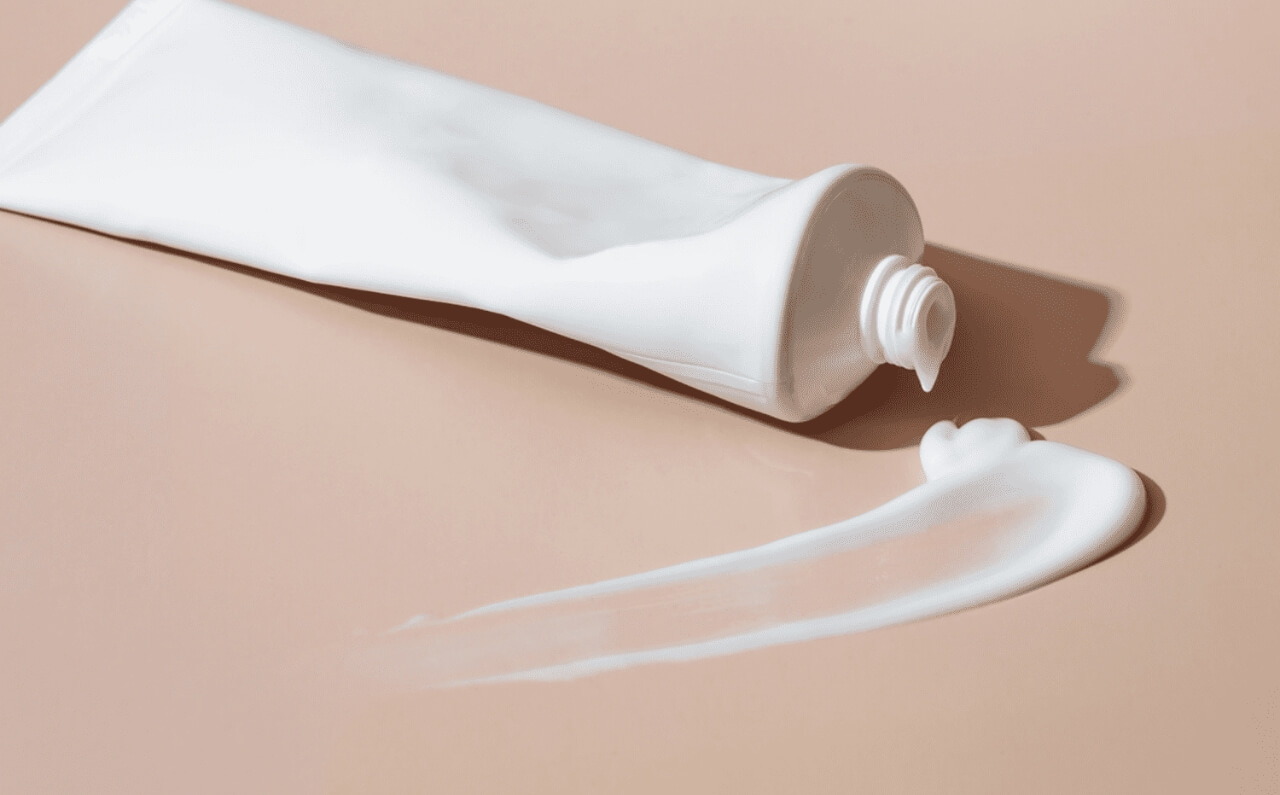
Toothpaste contains ingredients such as menthol and baking soda that may have drying or anti-inflammatory properties. However, applying toothpaste to pimples can irritate the skin and cause further inflammation, potentially worsening the acne.
Furthermore, toothpaste is not formulated for use on the skin and may contain additives that are comedogenic or irritating to the skin.
Myth #4: “Greasy Foods Cause Acne”

The link between diet and acne is complex, and while certain dietary factors may worsen acne in some individuals, there is limited scientific evidence to support the notion that greasy or fatty foods directly cause acne.
Instead, factors such as hormonal fluctuations, genetics, and environmental influences play more significant roles in the development of acne. A balanced diet and practicing good skincare habits are more effective strategies for managing acne.
Myth #5: “Only Teenagers Get Acne”
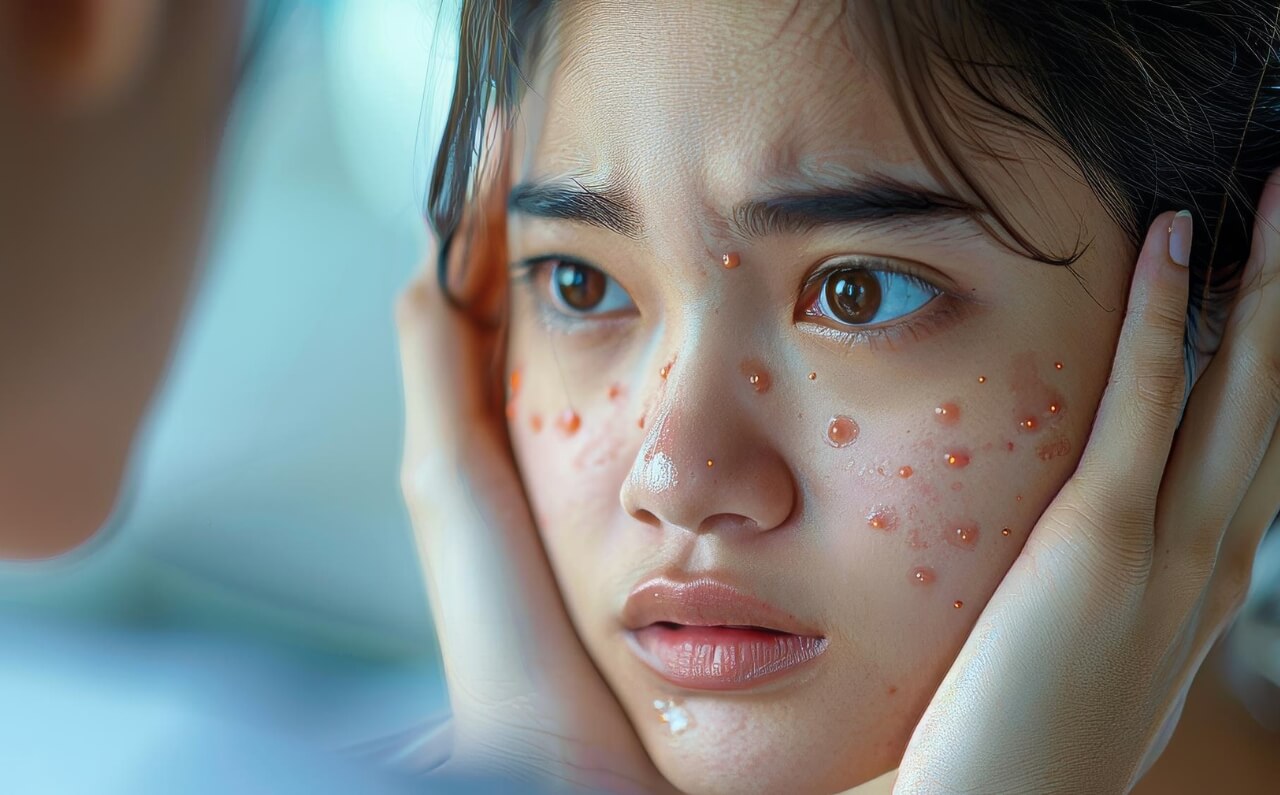
Acne is commonly associated with adolescence due to hormonal changes during puberty, but it can affect individuals of all ages.
Acne persists among adults due to other factors such as hormonal imbalances, stress, and skincare products. Recognizing that acne can persist beyond adolescence is crucial for providing appropriate treatment and support to affected individuals.
By debunking these myths, we hope our readers can make informed decisions about their skincare routines and seek appropriate medical guidance when needed. Acne is a struggle but not impossible to treat. Hence, applying the right habits and treatments is crucial.
Best Approaches to Acne Treatment
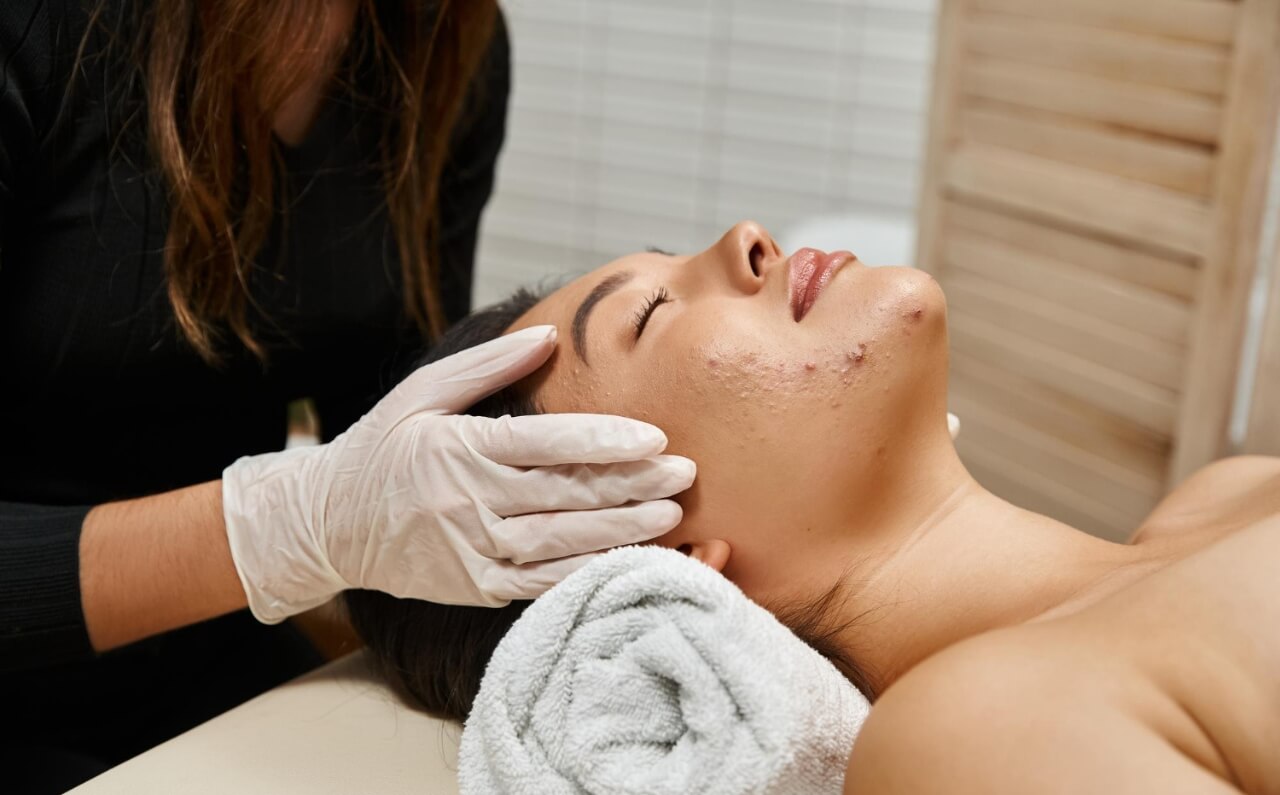
As we clear the myths surrounding acne treatment, we’ll share some effective approaches for you to apply in your journey to achieve smoother and clearer skin.
1) Comprehensive Skincare Routine
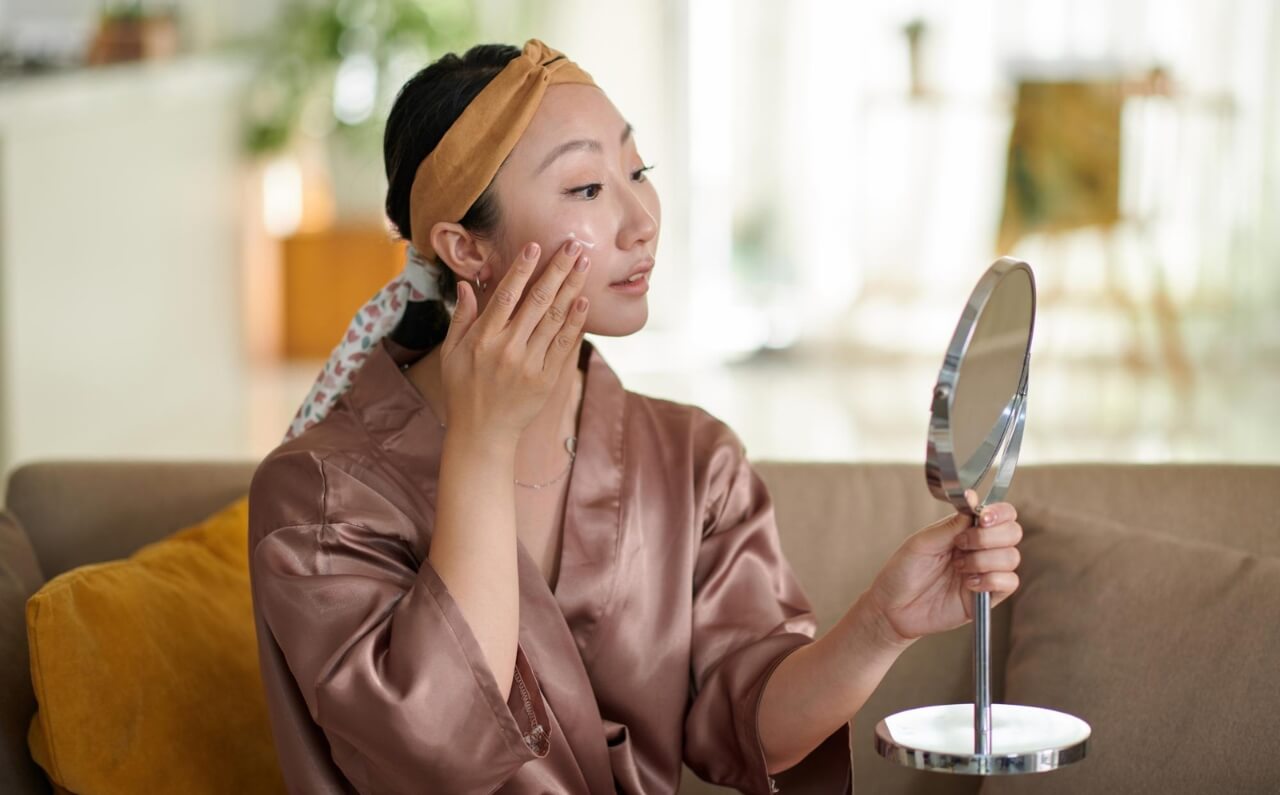
A comprehensive skincare routine forms the foundation of managing your acne. Incorporate gentle cleansing, moisturizing, and sun protection.
Using non-comedogenic products and avoiding harsh ingredients are also key to maintaining skin health and minimizing irritation, which can exacerbate acne. Consistency and patience are key when implementing a skincare routine, as it may take time to see improvements.
2) Medical Treatments
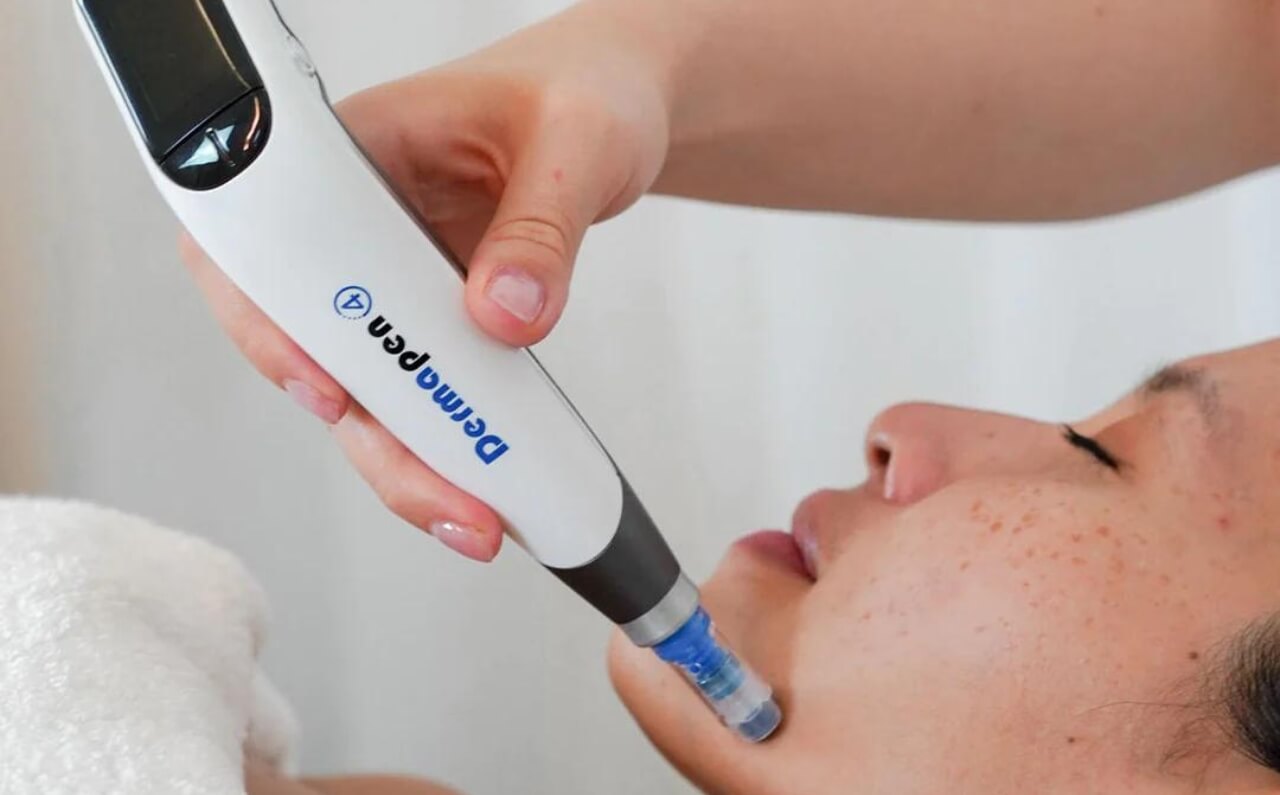
Medical treatments play a crucial role in acne treatment, particularly for moderate to severe cases or those resistant to conventional remedies. Topical treatments, such as retinoids, benzoyl peroxide, and antibiotics, target acne lesions directly and help reduce inflammation and bacterial growth.
Oral medications, including oral contraceptives, oral antibiotics, and isotretinoin, address underlying hormonal imbalances and systemic inflammation contributing to acne.
In addition to topical and oral medications, aesthetic treatments such as chemical peels, microdermabrasion, and laser therapy also diminish acne. These procedures target various aspects of acne, including exfoliation, sebum reduction, and bacterial removal, to improve overall skin texture and appearance.
3) Lifestyle Changes

Diet, stress, sleep, and skincare habits also influence acne severity and recurrence. Adopting a healthy lifestyle, including a balanced diet rich in fruits and vegetables, stress management techniques, adequate sleep, and consistent skincare practices, can complement medical treatments and enhance treatment outcomes.
Furthermore, identifying and addressing specific triggers or aggravating factors, such as certain cosmetics, medications, or environmental pollutants, is essential for effective acne management.
By taking a holistic approach to acne treatment and addressing both medical and lifestyle factors, individuals can optimize their skin health and minimize the impact of acne on their quality of life.
Comprehensive and Personalized Acne Treatment at Dr Abby Clinic
We understand just how jarring tackling acne can be. With so much information, it’s easy to feel overwhelmed!
Fret not, as Dr. Abby Clinic provides a comprehensive and personalized acne treatment to get you started on your journey to achieve that flawless and radiant complexion. Our LCP-certified medical professionals and licensed therapists will assess your skin condition, type, and concerns to curate the most suitable acne treatment for YOU.
Want to achieve clear and acne-free skin? Contact us!


